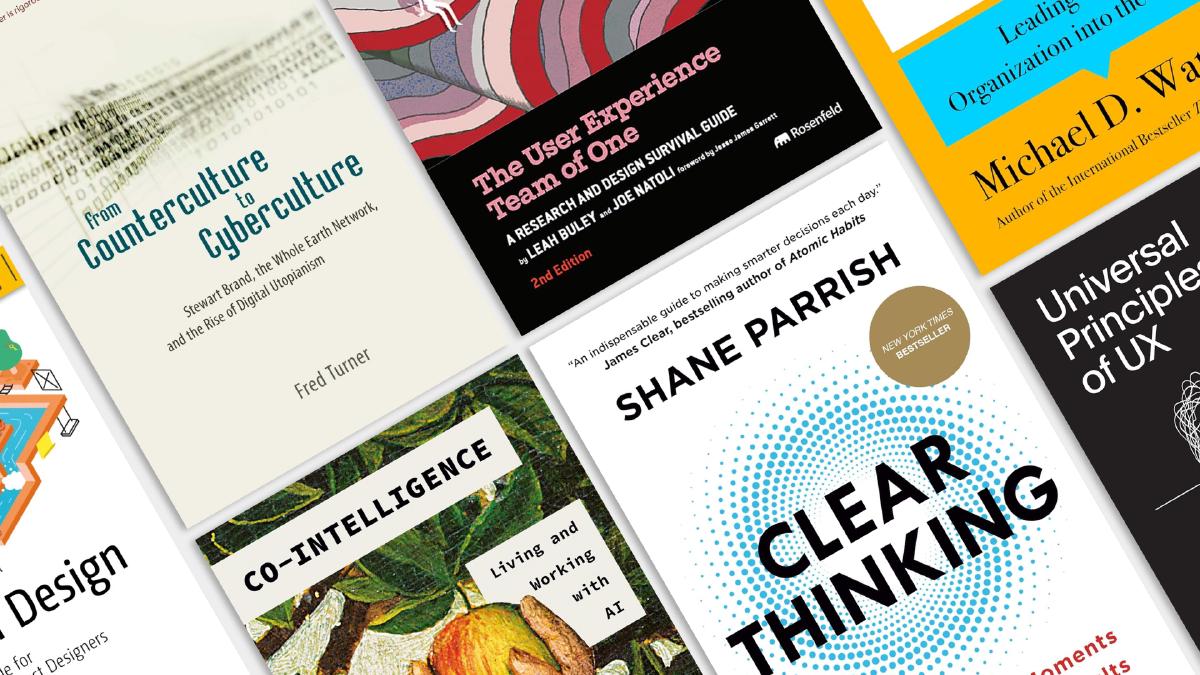User Research Myths

A lot of companies struggle to get on board with user research because of some pretty common myths. While they might sound legit at first, digging a little deeper will uncover a gap in understanding how research really works, it’s importance for making informed design decisions or the need to align designs with user expectations. Let’s look at the most common myths about user research and how to avoid pitfalls.
It takes too much time
Let’s talk about a big myth: that user research eats up tons of time and resources. You see this a lot, especially when the higher-ups haven’t really gotten the hang of what research is all about. When deadlines are looming, it’s super tempting for teams to just skip the whole “getting to know your users” part.
However, user research doesn’t have to be this huge, time-consuming project. Take user interviews, for instance. You can totally fit them into whatever schedule you’ve got, and you’d be amazed at how quickly patterns start popping up after chatting with just a handful of people. Plus, you can keep these interviews running in the background while you work on other stuff, so you’re getting all that juicy feedback without putting everything else on hold.
Our PMs already talk with our users
Product Managers chatting with users is great, but it’s not quite the same as proper user research. PMs are usually zeroed in on specific features or putting out fires, which means they might not get the full picture.
Think of it this way: proper user research focuses on asking the right questions without leading people on. It’s optimized for spotting patterns and digging deeper into what users are really saying, not just what’s on the surface. Plus, let’s be honest - PMs often have their own goals and pet features in mind, which can totally color how they see user feedback. User research keeps things neutral and makes sure we’re actually hearing what users need, not just what we think they need.
When you actually dig in and do the research, you often find all these little details you would’ve totally missed just going with your assumptions.
We already know what our users need
You know how it goes - when you’ve been working on something forever, you start thinking you’ve got your users all figured out. “Oh yeah, I totally know what they want and how they use our stuff," you might tell yourself. And before you know it, you’re making all these decisions based on what you think you know.
Going with your gut feelings alone can lead you down the wrong path. Sure, your experience counts for something (and that’s awesome!), but you’ve gotta back it up with some real research to make sure you’re not missing anything important. When you actually dig in and do the research, you often find all these little details you would’ve totally missed just going with your assumptions.
We’ve already done user research
Users are constantly changing how they do things, new tech keeps popping up, and the market’s always shifting around. You can’t just rely on that research you did way back when. It’s like trying to navigate with an old map - sure, it worked great before, but now there might be new roads and shortcuts you’re totally missing out on.
It’s super important to keep checking in with your users regularly. It helps you stay on top of what’s actually happening now, not what was true six months ago. Plus, it’s a great way to catch any problems early on, before they turn into bigger headaches. Think of it like regular check-ups - they help you spot issues while they’re still small and fixable!
It didn’t uncover anything unexpected
You know what’s funny? A lot of teams think user research is only worth it if it blows their minds with shocking discoveries. When nothing super surprising comes up, leadership is like “meh, what’s the point?”
Sometimes getting proof that you’re on the right track is just as awesome! It’s like getting a thumbs up that says “yep, you’ve got this figured out.” Plus, it helps everyone sleep better at night knowing they’re not just shooting in the dark. When research backs up what you already thought, it’s like having a solid argument in your back pocket for when someone questions your decisions.
The cool thing about user research is that it’s super flexible and gives you solid proof that your decisions are on the right track. Instead of treating it like a one-and-done deal or something you can skip, think of it as your secret weapon for avoiding costly mistakes and keeping your products in tune with what users actually want - especially since everything changes so fast these days!
Bottom line? Once teams get past these myths and start making research part of their routine, they make smarter choices and end up with products that really hit the mark.

